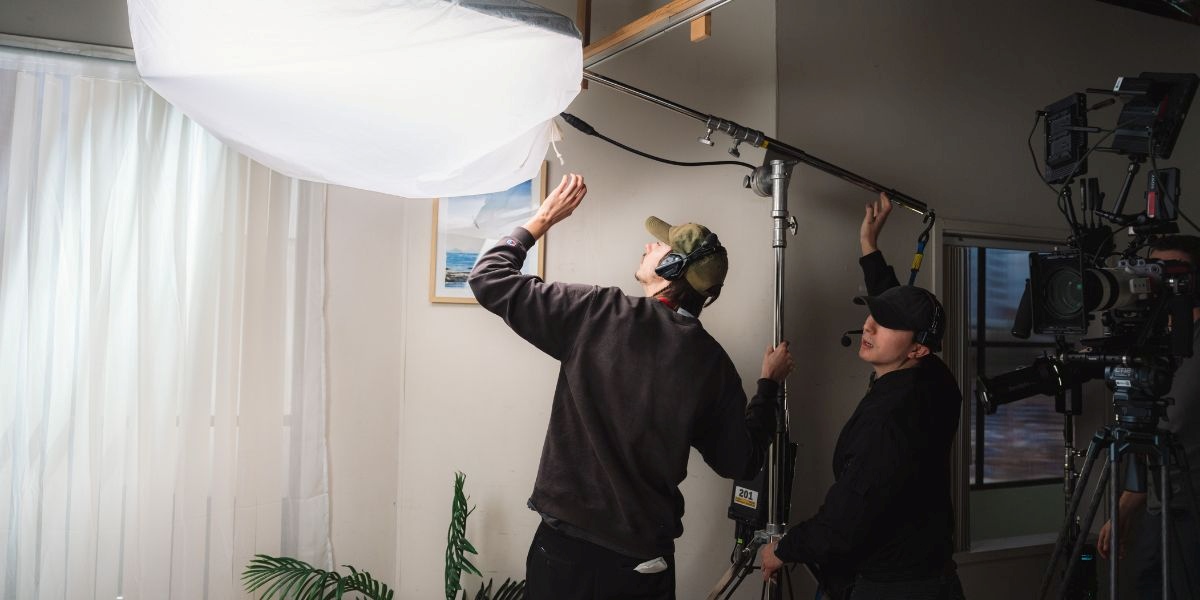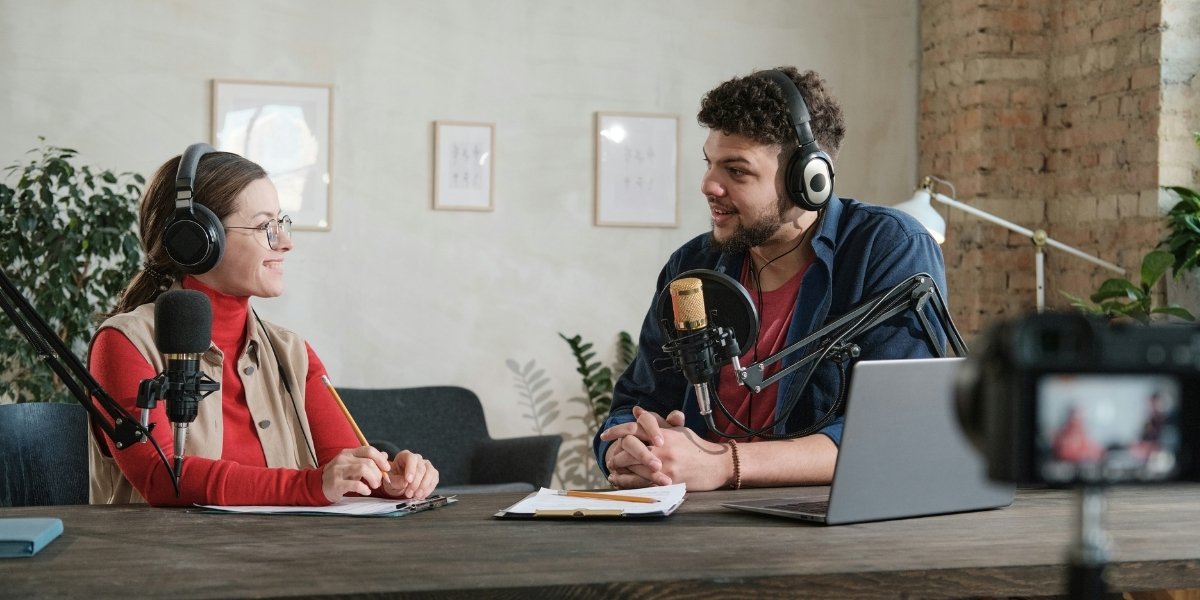In recent years, there has been a growing concern about the potential health risks associated with the use of toxic cleaning supplies in classrooms across the United States. Many schools have relied on bleach-based products and other harsh chemicals to maintain cleanliness, unaware of the potential harm they pose to students and teachers. The need for action to remove these toxic cleaning supplies from classrooms has become increasingly urgent.
According to experts, several toxic cleaning solutions commonly found in classrooms pose potential health risks. Bleach, a strong disinfectant, can irritate the respiratory system. Ammonia, often used in glass cleaners, can cause eye and lung irritation. Hydrochloric acid and phosphoric acid, found in some bathroom cleaners, are corrosive and can burn skin and eyes. Sodium hydroxide, present in oven cleaners, is highly caustic. Formaldehyde, a known carcinogen, may be found in some disinfectants. Triclosan, an antibacterial agent, can contribute to antibiotic resistance. Petroleum distillates, common in furniture polishes, can be harmful if inhaled. Butyl cellosolve, found in all-purpose cleaners, may cause reproductive issues. Lastly, perchloroethylene, used in spot removers, is a potential carcinogen. These chemicals highlight the importance of using safer, green-certified cleaning products in educational settings.
The use of these toxic cleaning solutions has been linked to various health issues, including respiratory irritation and allergic reactions, especially among individuals with asthma or other respiratory conditions.
One solution, according to Steve Fontaine, an indoor air quality consultant, is to use portable, standalone HEPA 13 filtered air purifiers, these are inexpensive and remove 99.9% of all airborne pathogens and particles. The classrooms would be clean air classrooms and safe for teachers and students.
In response to the growing awareness of the dangers posed by toxic cleaning supplies, there has been a rising interest in clean and healthy alternatives. One such alternative is Molly Suds, a brand known for its eco-friendly and non-toxic cleaning products that are safe for both people and the environment.
Several incidents have been reported of teachers and students experiencing health problems due to exposure to toxic cleaning solutions in classrooms. Cases of breathing irritation and allergic reactions have been documented, highlighting the urgent need for a shift towards safer cleaning practices.
Indoor air pollution is a significant concern in educational settings, with various sources contributing to poor air quality. Some common types of indoor air pollution include:
- Dust
- Mold
- Pollen
- Volatile organic compounds (VOCs) from cleaning products and building materials
- Tobacco smoke
- Carbon monoxide
- Radon
- Formaldehyde from furniture and building materials
- Asbestos fibers
- Lead particles
Steve Fontaine, an indoor air quality expert, has emphasized the dangers of toxic cleaning supplies, stating, “The long-term exposure to toxic cleaning solutions can have serious implications for the health and well-being of students and teachers. It is crucial for schools to prioritize the use of safe and non-toxic alternatives to protect indoor air quality.“
The Centers for Disease Control and Prevention (CDC) has also raised concerns about the potential health risks associated with exposure to toxic cleaning supplies in educational settings.
For examples of the best air purifiers with the best warrantees, visit Steve Fontaine’s website at www.stevefontaine-iaq.com
Disclaimer: This content is for informational purposes only and is not intended as medical advice, nor does it replace professional medical expertise or treatment. If you have any concerns or questions about your health, always consult with a physician or other healthcare professional.
Published by: Martin De Juan






